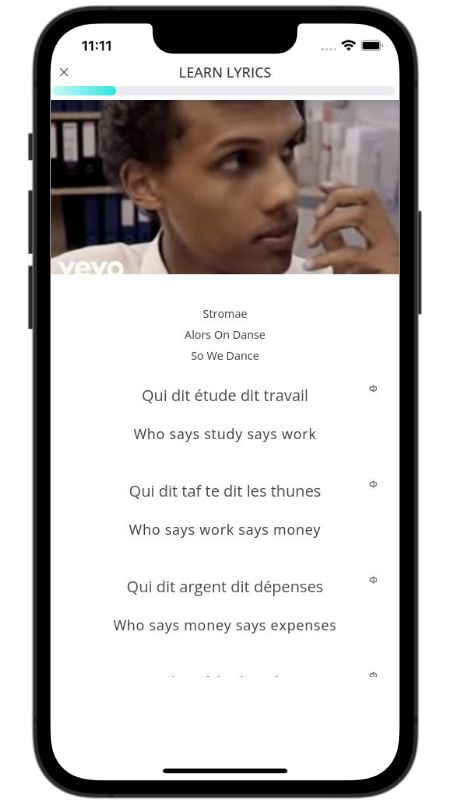Bâtard Lyrics in English Stromae
Below, I translated the lyrics of the song Bâtard by Stromae from French to English.
Neither one nor the other, I am, I was, and I'll stay me
Neither one nor the other, I am, I was, and I'll stay me
Neither one nor the other, I am, I was, and I'll stay me
Neither one nor the other, I am, I was, and I'll stay me
Neither one nor the other, I am, I was, and I'll stay me
You right or left?
You a redneck or a Paris hipster?
Either you're one or you're the other
You a man or you die
Farmer or dietitian
Feminist or shut up
Either you're macho or you're gay
But you're a phobe or sexual
Heathen or terrorist
You long-haired or bearded
Conspiracy nut, Illuminati
Pathological liar or sellout?
Nothing at all or everything right now
All or nothing, undecided
Huh, you changed your mind, moron?
But are you Hutu or Tutsi?
Flemish or Walloon?
Arms dangling or long-armed?
So you're racist after all
But are you white or brown, huh?
Neither one nor the other
Bastard, you are, you were, and you stay one
Neither one nor the other, I am, I was, and I'll stay me
Neither one nor the other, I am, I was, and I'll stay me
Neither one nor the other, I am, I was, and I'll stay me
Neither one nor the other, I am, I was, and I'll stay me
Oh sorry, Sir won't take sides
Sir's not even racist
Since Sir has no roots
Besides, Sir's got a black friend, even an Aryan friend
Sir's above all that
Anyway all that, well, it's pointless
Better do nothing than mess it up
Hands in sh*t or in the history books
A*shole or belly button of the world
Sir shows off higher than his a*shole
No blow-ups, gotta stay calm, huh
Gotta be soft, gotta be cuddly
Gotta be in the loop, gotta be trendy
So everyone thinks you're cool, huh
Neither one nor the other
Bastard, you are, you were, and you stay one
Neither one nor the other, I am, I was, and I'll stay me
Neither one nor the other, I am, I was, and I'll stay me
Neither one nor the other, I am, I was, and I'll stay me
Neither one nor the other, I am, I was, and I'll stay me
Neither one nor the other
Bastard, you are, you were, and you stay one
Neither one nor the other
Bastard, you are, you were, and you stay one
Neither one nor the other, I am, I was, and I'll stay me
Neither one nor the other, I am, I was, and I'll stay me
Neither one nor the other, I am, I was, and I'll stay me
Neither one nor the other, I am, I was, and I'll stay me
Neither one nor the other, I am, I was, and I'll stay me
Neither one nor the other, I am, I was, and I'll stay me
Neither one nor the other, I am, I was, and I'll stay me
Neither one nor the other, I am, I was, and I'll stay me
Neither one nor the other, I am, I was, and I'll stay me
Neither one nor the other, I am, I was, and I'll stay me
Lyrics and Translations Licensed & Provided by LyricFind
Lyrics © MOSAERT
Paul Van Haver, Thomas Azier
Did you like this lyrics translation?
Did you know?
In addition to reading lyric translations, you can now learn French with music and lyrics from your favorite artists.
No more boring lessons. You can now learn with engaging and culturally relevant lyrics from the best artists.
Apple and App Store are trademarks of Apple Inc.
Google Play and the Google Play logo are trademarks of Google LLC.
MORE STROMAE
iOS AppAndroid AppWeb LessonsFree PDF WorksheetsJoin ClassroomLyrics TranslationBlogAbout UsBuy as GiftLifetime















